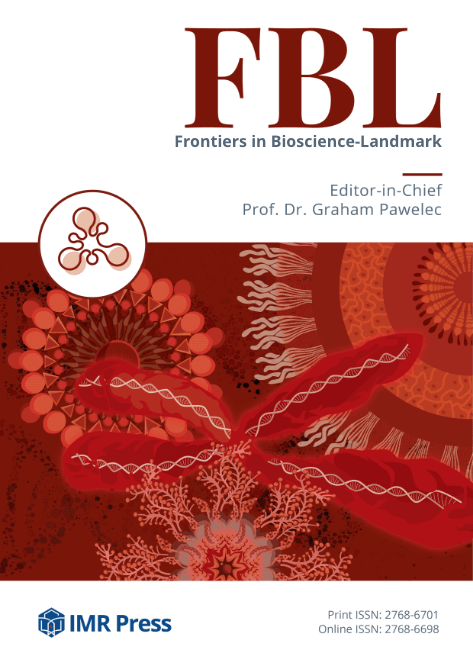Frontiers in Bioscience-Landmark (FBL) is published by IMR Press from Volume 26 Issue 5 (2021). Previous articles were published by another publisher on a subscription basis, and they are hosted by IMR Press on imrpress.com as a courtesy and upon agreement with Frontiers in Bioscience.
The Parkinsonian syndrome induced by pesticides is associated with the impairment of mitochondrial function. Toxicants that inhibit selectively NADH-dehydrogenase activity, as rotenone or pyridaben, also show a selective inhibition of O2 uptake and respiratory control in rat brain mitochondria in the presence of NAD-dependent substrates. The IC50 of rotenone and pyridaben for complex I inhibition were in the range 1.7-2.2 microM. The determination of NADH-cytochrome c reductase, succinate-cytochrome c reductase and cytochrome oxidase activities in rat brain submitochondrial showed again the selective inhibition of Complex I by rotenone and pyridaben, whereas paraquat produced a non-selective inhibition affecting all the respiratory chain complexes. In rat brain mitochondria, rotenone and pyridaben markedly decreased mtNOS functional activity with NAD-dependent substrates but not when the substrate was succinate. This observation suggest than mtNOS activity is regulated by the activity of complex I. This regulation and the role of mitochondrial NO diffusion as a signal for mitochondrial biogenesis could have a role in the etiopathology of Parkinson's disease.

